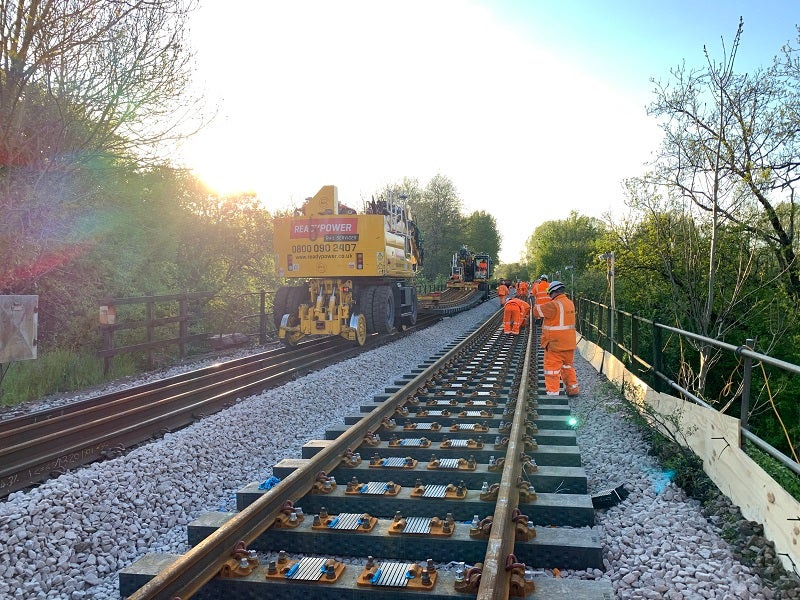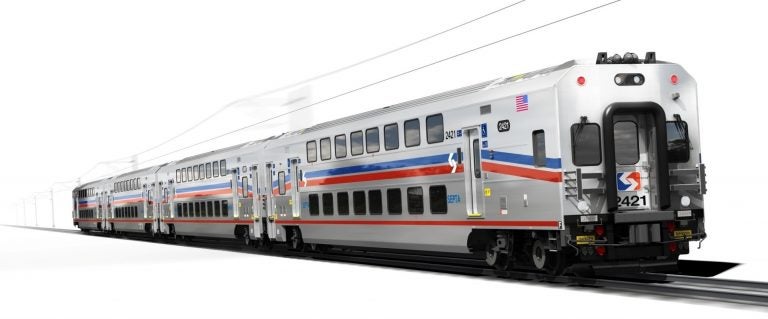
The UK’s Network Rail has laid the first composite railway sleepers on its main line tracks across the Sherrington Viaduct, spanning between Salisbury and Warminster.
Beginning 31 July 2021, creosote-treated softwood sleepers will be banned in the country.
The new sleepers are manufactured by sustainable infrastructure product supplier Sicut using locally sourced plastic waste.
Wooden sleepers were previously installed on the viaduct as concrete was too heavy for the structure.
Placed on the ballast, the sleepers hold up the rails and help in maintaining the right distance.
UK Rail Minister Chris Heaton-Harris said: “Not only are these sleepers made from locally sourced plastic waste, but they also need less maintenance and will last longer, underlining our commitment to creating a greener, cleaner and more efficient rail network.”
How well do you really know your competitors?
Access the most comprehensive Company Profiles on the market, powered by GlobalData. Save hours of research. Gain competitive edge.

Thank you!
Your download email will arrive shortly
Not ready to buy yet? Download a free sample
We are confident about the unique quality of our Company Profiles. However, we want you to make the most beneficial decision for your business, so we offer a free sample that you can download by submitting the below form
By GlobalDataThis initiative is expected to help the company reach its Zero Carbon 2050 target by minimising greenhouse gas emissions by around 40% for at least five decades.
Compared with timber sleepers, they provide an increase in service life, resulting in the reduction of overall expenses and the risks associated with the staff attending the site.
The composite sleepers are resistant to water, oil, chemicals and fungi, and do not split or degrade over time.
They have been designed to last for more than 50 years and can be reused or recycled to develop new sleepers or other composite products.
Network Rail Wessex route director Mark Killick said: “This is an exciting development; use of these recycled sleepers on the Network Rail Wessex route is a first for the overground railway network in Britain.”
Network Rail, in partnership with Transport for Wales, recently executed major refurbishment works at Swansea railway station.





